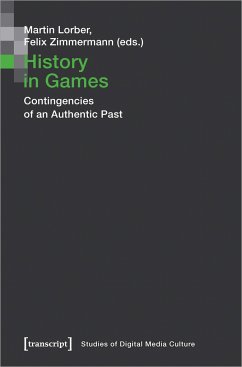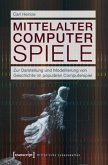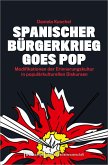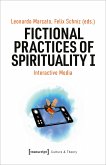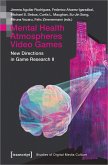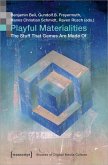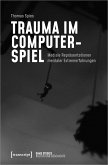Where do we end up when we enter the time machine that is the digital game? One axiomatic truth of historical research is that the past is the time-space that eludes human intervention. Every account made of the past is therefore only an approximation. But how is it that strolling through ancient Alexandria can feel so real in the virtual world? Claims of authenticity are prominent in discussions surrounding the digital games of our time. What is historical authenticity and does it even matter? When does authenticity or the lack thereof become political? By answering these questions, the book illuminates the ubiquitous category of authenticity from the perspective of historical game studies.
Hinweis: Dieser Artikel kann nur an eine deutsche Lieferadresse ausgeliefert werden.
Hinweis: Dieser Artikel kann nur an eine deutsche Lieferadresse ausgeliefert werden.
»In sum then, this is a hugely important volume which represents a confluence of ideas and disciplines around a timely and significant theme. The chapters are impressive in their breadth and innovation and the editors do incredibly well to present such a multitude of perspectives from within and outside the academy and from across linguistic boundaries.«
Robert Houghton, Gamevironments, 16 (2022) 20220808
Robert Houghton, Gamevironments, 16 (2022) 20220808

